Cowpeas are oval-shaped, pale-coloured beans with a large black, brown, or red spot that appears like an eye. It has a nutty, earthy flavour and a rich, creamy taste. In Punjabi homes, it is used to make the traditional dish lobia chawal, and it is also used to make gravies, soup, and salad. Cowpeas have a lot of nutrients that are important for the body to work properly and may improve overall health.
Table of Contents
What are cowpeas?
Cowpeas, also called black-eyed peas, are edible legumes that belong to the family Fabaceae. These beans are called peas, but they are actually beans. Cowpeas are mostly from Africa, but they are now grown in many countries in Asia, Europe, and the United States.
Cowpeas are most often eaten as their dried seeds, but their leaves, green seeds, and young pods can also be eaten. The dried seeds are a pale colour with a black, brown, or red spot that looks like an eye. We can stir-fry, sauté, make soups, curries, or puree them. Cowpea seeds are the food of the poor. They have a lot of vitamins, minerals, and proteins. Let's learn more about what black-eyed peas can do for us.
Other names of cowpeas:
It is also called southern pea, black-eyed peas, cow gramme, Macassar bean, niebe, bobbarlu or alachandalu in Telugu, crowder pea, and chawli or lobia in Hindi, alasande in Kannada, karamani payir in Tamil, vanpayar in Malayalam, and barbate in Bengali.
Nutritional profile of cowpeas:
Cowpeas are a type of legume that is full of nutrients. Each serving has a lot of protein and fibre, which helps build up your immune system and make collagen. Rich in vitamins A, B1, B2, B3, B5, B6, C, and folic acid, which help keep cells and tissues healthy and working well. It also has a lot of minerals like iron, calcium, zinc, copper, magnesium, selenium, and phosphorus. It also has polyphenols, which are powerful antioxidants that stop free radicals from damaging healthy cells.
Health benefits of cowpeas:
Helps lose weight
Adding chawli to your diet regularly is the best way to lose weight because it is high in protein and soluble fibre. Protein-rich foods lower the amount of the hormone ghrelin, which makes you feel hungry. While soluble fibre slows down the emptying of the stomach, it keeps you full and stops unwanted hunger pangs. Studies have also shown that adding black-eyed peas to the diet helped keep weight off and cut belly fat by a lot.
Helps keep the heart healthy
Cowpea is a great part of a healthy diet that can help your heart work better and lower your risk of heart disease. Cowpea is naturally high in flavonoids, magnesium, and potassium. Because of this, it helps keep the heart's muscles working properly and lowers inflammatory markers. Eating a lot of fibre and protein helps lower bad cholesterol (LDL) and triglyceride levels and keep blood pressure in check. Chawli also has compounds called phytosterols that help keep the body's lipid profile at the right level.
Controls Diabetes
Cowpeas have a lower glycemic index than other legumes and lentils, which helps diabetics keep their blood sugar levels in the normal range. Aside from this, soluble fibre and protein make you feel full, slow down the rate at which your stomach empties, and keep your blood sugar from rising too quickly.
Helps the digestive system
Cowpea is a great way to get fibre, which is an important nutrient for keeping the digestive system running smoothly. It is well known that eating a lot of soluble fibre can help keep your bowel movements regular and treat acid reflux, haemorrhoids, and stomach ulcers. Also, black-eyed peas boost the growth of good bacteria in the gut by acting as a prebiotic. This helps to create a healthy microbiome, which helps with digestion, reduces inflammation, and boosts the immune system.
Helps the skin stay healthy
Cowpea is full of protein, zinc, and vitamins A and C. It helps the body make collagen and speeds up the process of repairing skin and making new skin cells. Since it has a lot of antioxidants, it protects the skin cells from oxidative harm that free radicals cause. This makes wrinkles and fine lines less noticeable and slows the ageing process. So, it makes the skin soft, healthy, and bright.
Fights off infections
Chawli has a lot of antioxidant properties like vitamins A, C, and polyphenols, which help to lower the likelihood of developing chronic illnesses. Adding cowpeas to your diet regularly can help get rid of harmful free radicals that can stop the growth of cancer cells and keep your health at its best.
Good for women who are pregnant
Chawli has a lot of folate (vitamin B9), which helps the body make red blood cells and keep them healthy. This vitamin is very important for both women who want to get pregnant and women who are already pregnant. As folate is very important in keeping babies from being born with birth defects.
Cowpeas for hair:
Stops hair loss
Cowpea, which is full of nutrients that are good for hair, is a sure-fire way to stop hair loss. When cowpeas are part of a meal plan, they contribute to healthier hair follicles and stop hair loss.
Aids in hair growth
Cowpeas help hair grow a lot. Protein is one of the most important things for hair growth. So, eating cowpeas regularly can increase the amount of protein in your body and help your hair grow stronger and fuller.
Ways to include cowpeas in diet:
Cowpeas are healthy and tasty, and they can be used in many different ways. It is easy to use and tastes great in a wide range of foods. Cowpeas smell slightly nutty and taste rich, creamy, and slightly earthy.
Ensure to soak cowpeas in water for at least four to six hours. This helps the beans cook faster and makes them easier to digest. But you don't have to soak them overnight. If you soak them in hot water for 1–2 hours, the cooking time will be less.
Cowpeas can be mixed with meat, spices and vegetables to make curries that are full of flavour.
Soups, salads and stews can be made with it.
Cowpeas can be made into tasty kebabs and fritters.
Side effects of cowpeas
Some people may have trouble digesting cowpea because it contains raffinose, a type of fibre that can upset the stomach. Symptoms include stomach pain, gas, and bloating. But soaking dried beans for a few hours before cooking them helps to reduce the amount of raffinose and makes digestion easier. It also has antinutrients, such as phytic acids, which can make it harder for the body to absorb important nutrients. Soaking and cooking them before eating them is the best way to get rid of the phytic acid and help the body absorb the nutrients better.

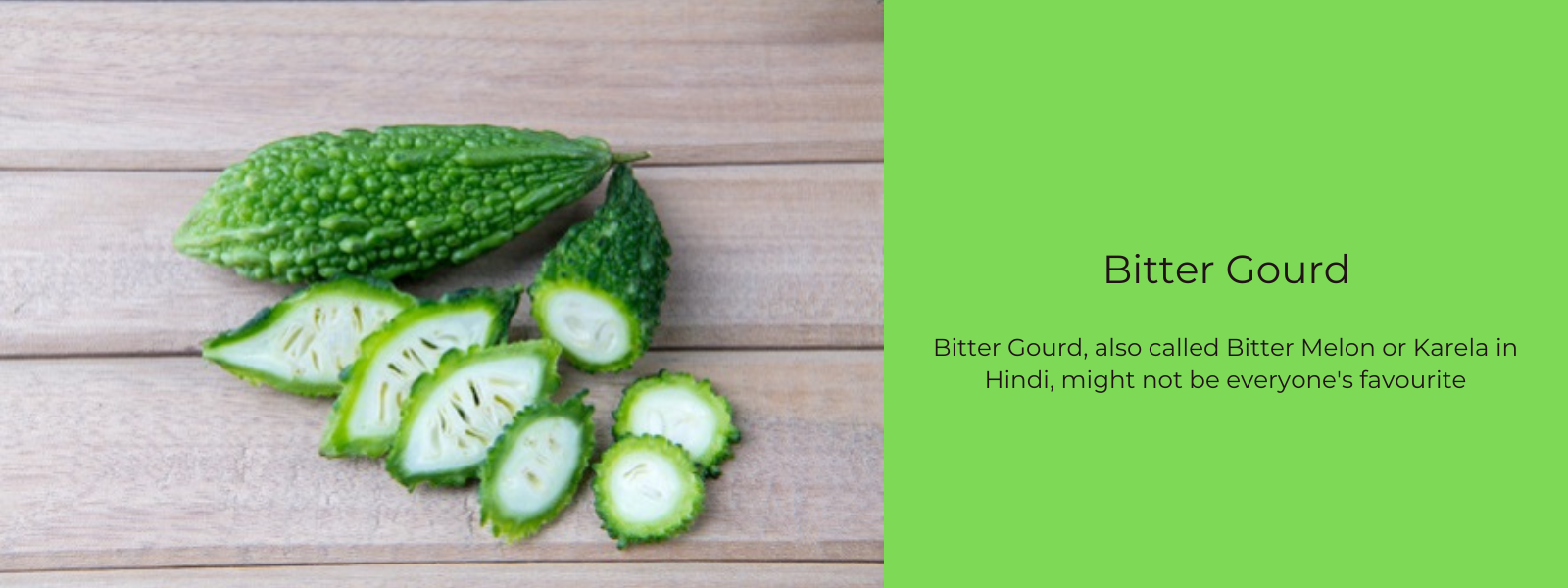
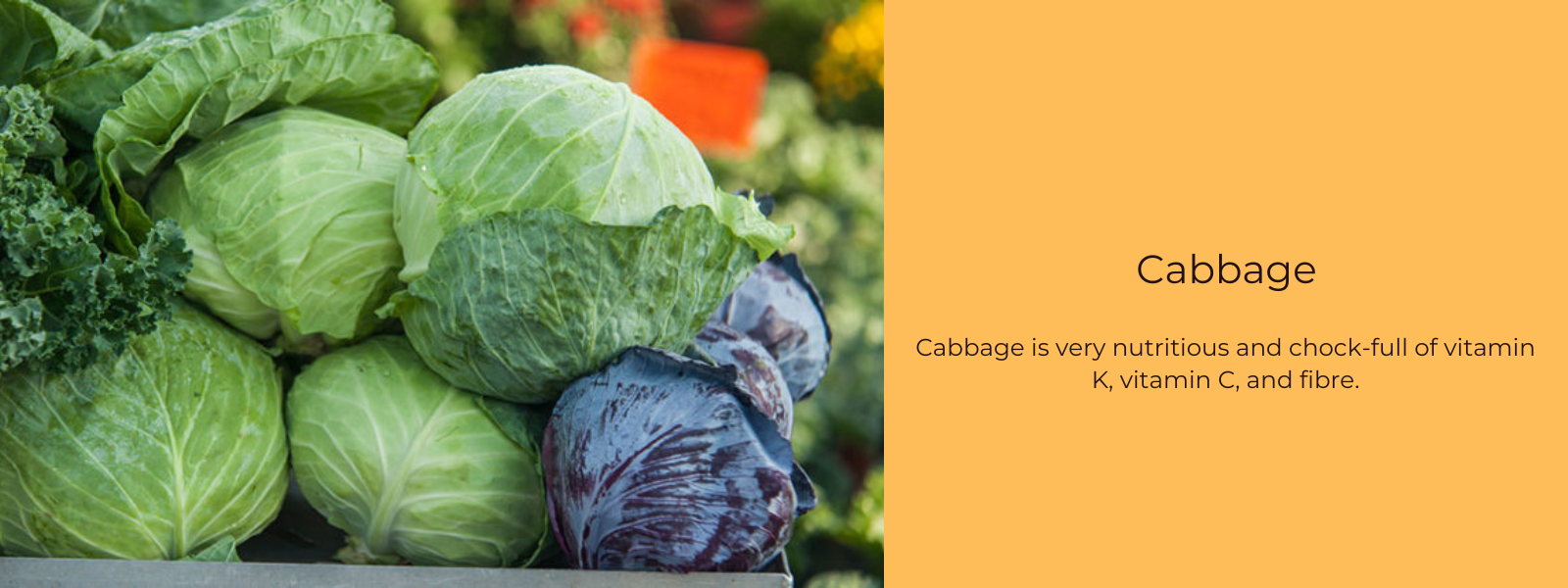
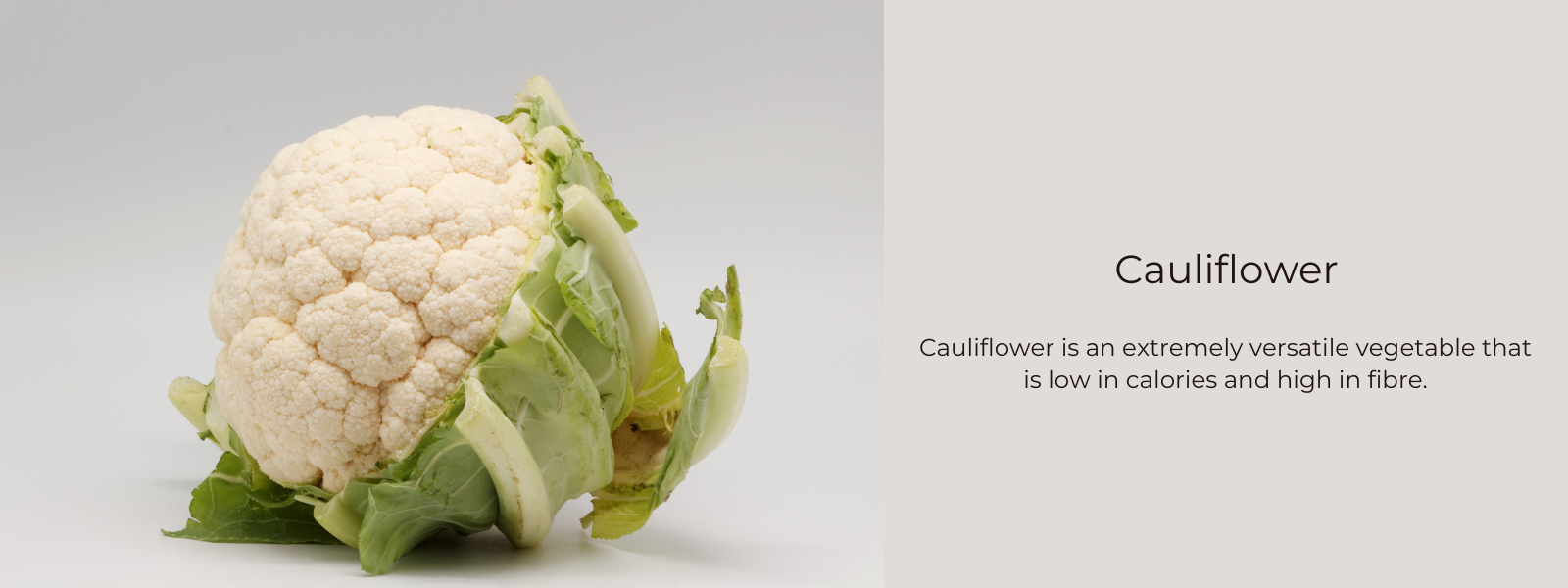
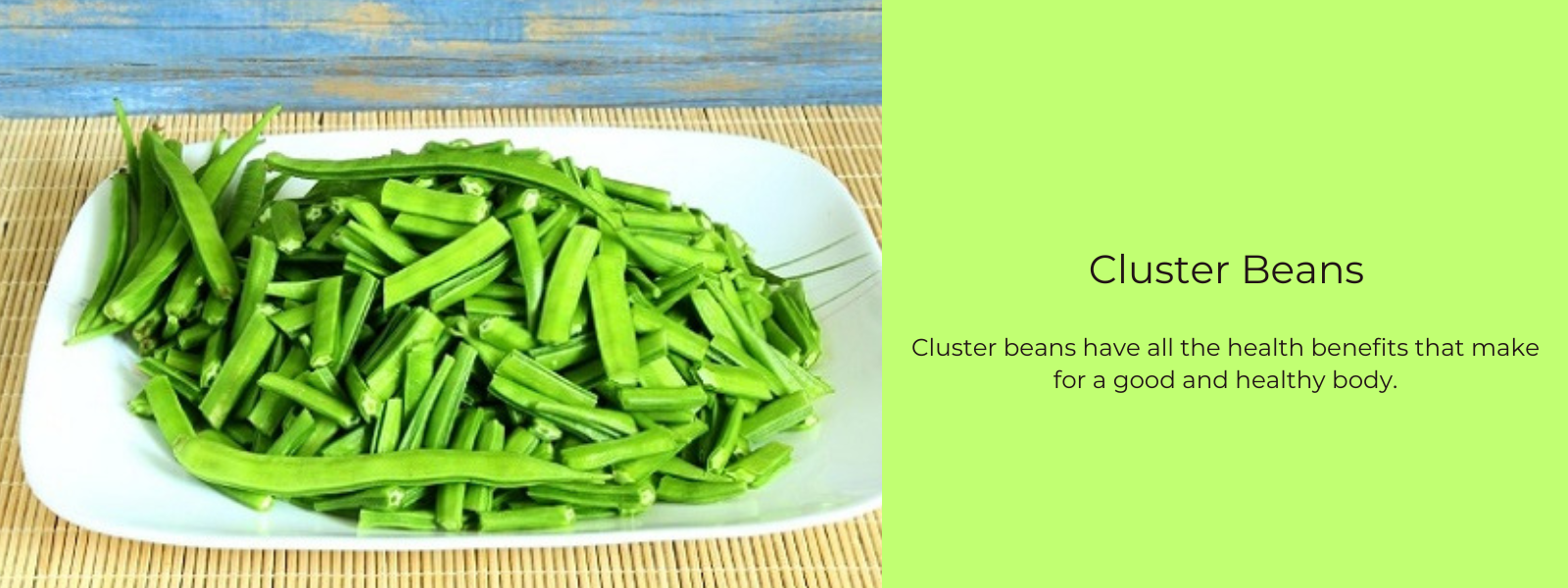
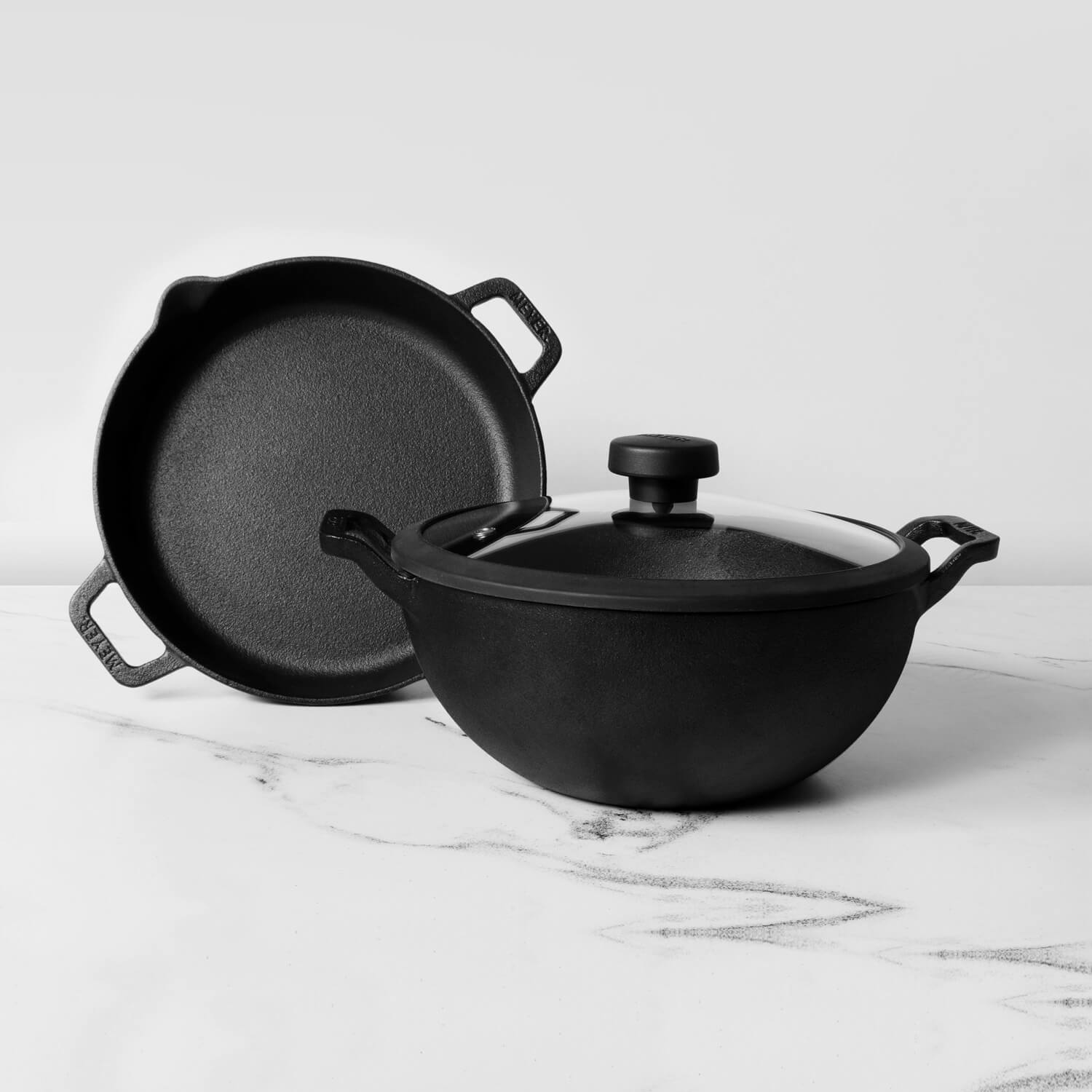
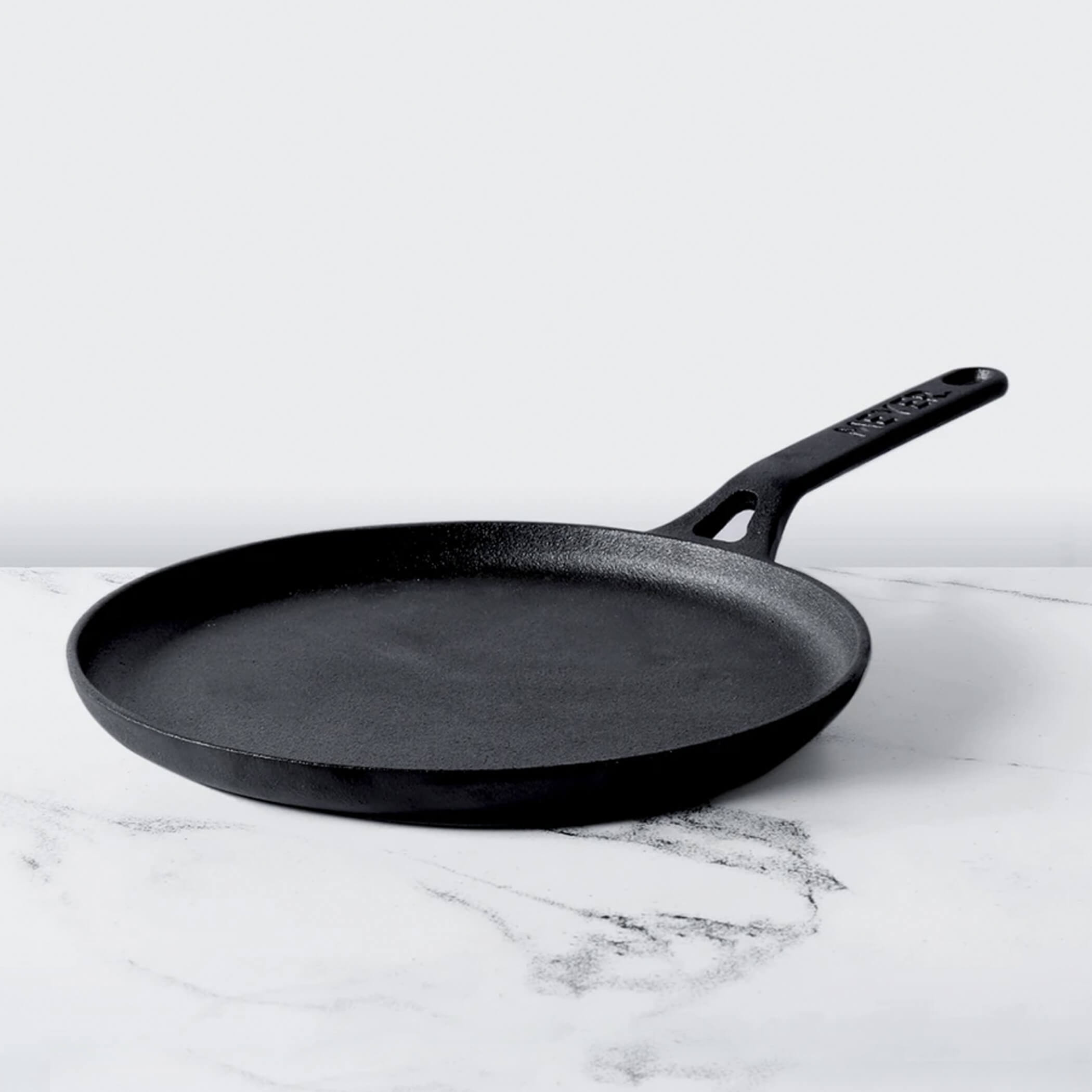




Leave a comment